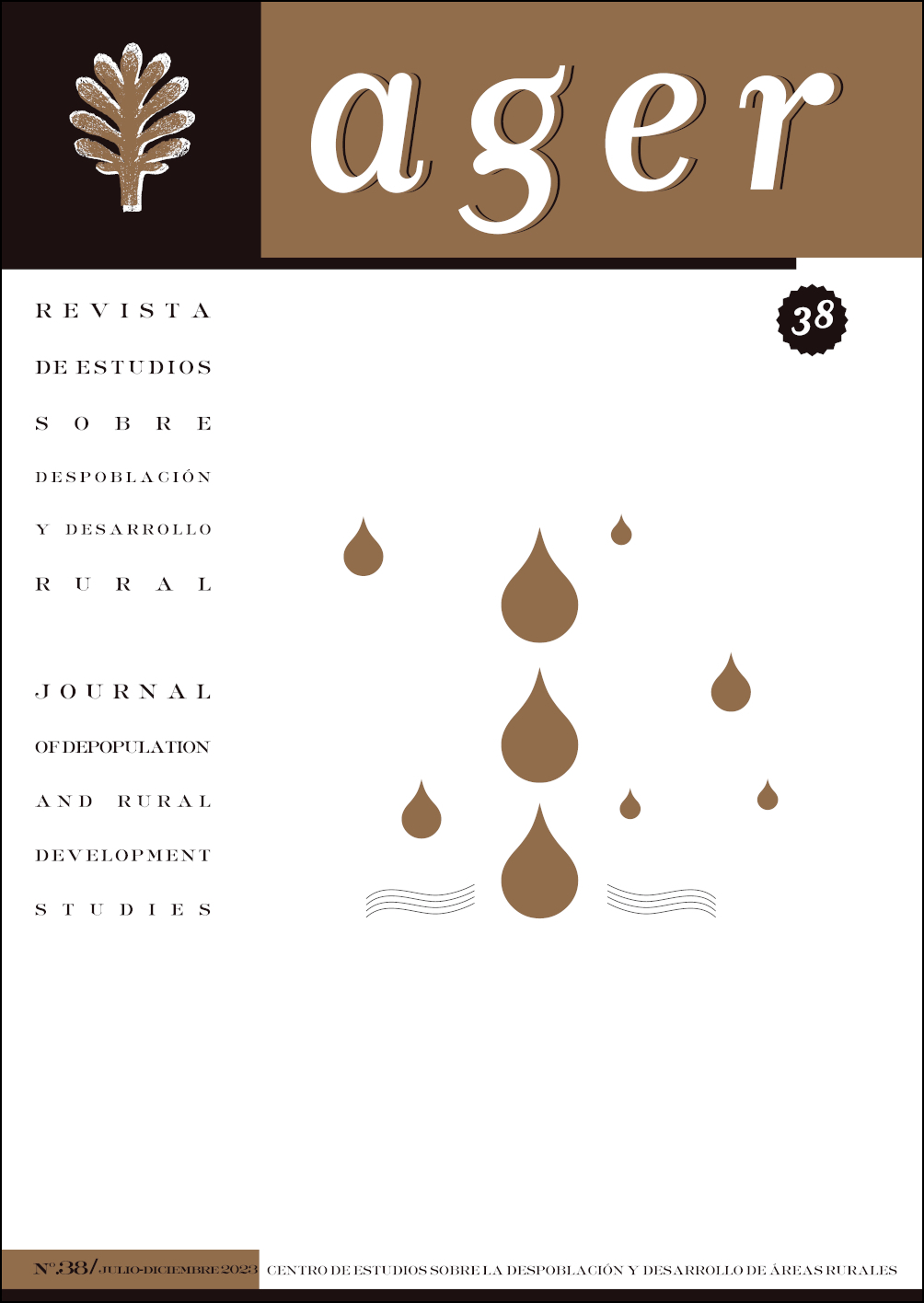Api-tourism as a Regenerative Tourism Modality against Rural Depopulation in Spain
Résumé
The study presents api-tourism as an opportunity to promote rural development within the new paradigm of regenerative tourism by promoting sustainable and reparative values and practices. It shows how api-tourism can influence on the preservation of biodiversity, employment, and population in areas of very low population density, such as the Serranías de Interior in Spain. A region that covers a vast area of 65,489 km² that is highly depopulated, representing 13 % of the country's territory. The text uses the methodological triangulation approach, which involves a bibliographic and bibliometric review of the neologism "api-tourism" and related tourism modalities. The research also analyses the related econometric variables through case studies, in-depth interviews, and participant observation of agritourism operations dedicated to api-tourism. This approach leads to the characterization of a novel regenerative tourism model that strengthens ecosystems’ health and contributes to the retention of rural populations. This model is proposed for its greater resilience against climate change, from a social, human geography, and ecological perspective.
Publiée
Comment citer
Numéro
Rubrique
Licence

Ce travail est disponible sous licence Creative Commons Attribution - Pas d'Utilisation Commerciale - Pas de Modification 4.0 International.
Aquellos autores/as que tengan publicaciones con esta revista, aceptan los términos siguientes:
- Los autores/as conservarán sus derechos de autor y garantizarán a la revista el derecho de primera publicación de su obra, el cuál estará simultáneamente sujeto a la Licencia de reconocimiento de Creative Commons que permite a terceros compartir la obra siempre que se indique su autor y su primera publicación esta revista.
- Los autores/as podrán adoptar otros acuerdos de licencia no exclusiva de distribución de la versión de la obra publicada (p. ej.: depositarla en un archivo telemático institucional o publicarla en un volumen monográfico) siempre que se indique la publicación inicial en esta revista.
- Se permite y recomienda a los autores/as difundir su obra a través de Internet (p. ej.: en archivos telemáticos institucionales o en su página web), lo cual puede producir intercambios interesantes y aumentar las citas de la obra publicada. (Véase El efecto del acceso abierto).

